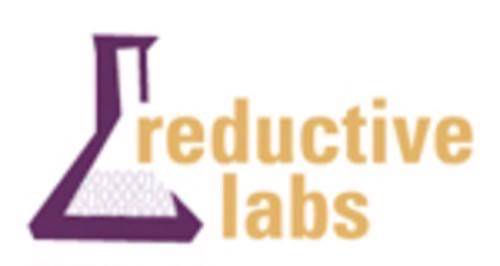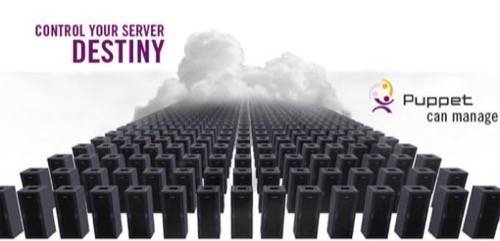Once a company gains widespread popularity, scaling is often its biggest problem. Public familiarity with the Twitter Fail Whale is our proof. To keep up with the pace of demand, many companies including Twitter have found unique and inexpensive ways to manage consumers transactions. One such solution, Puppet, just earned Reductive Labs a $2 million dollar Series A round with True Ventures.

Puppet is an open source framework best known for helping businesses scale with scripts rather than staff. It ensures that multiple systems can automatically perform routine maintenance functions including adding users, installing packages and configuring servers. Puppet allows system administrators to monitor multiple machines across multiple operating systems and ensure that the lifeblood of major companies continues to pump. It is a declarative language that aids against preventable downtime, the need for redundant scripts and the cost of additional employees. Essentially companies get to work on the product, rather than the network.
This is a particularly useful provisioning tool for those lacking the resources for a large operations team or software like BladeLogic BMC Service Automation. Unlike competitors, Puppet is free for commercial use and many believe that it’s a great way to standardize consistent processes across the cloud. Additionally, because the product is open source, users can add custom Ruby extensions. When ReadWriteWeb asked how the company would generate profit on a free product, Reductive Labs pointed towards its support services, employee training and future certifications.

Some current Puppet users include Twitter, Google, Digg, the New York Stock Exchange and Oracle. A full list of users is available on the Puppet Wiki.
Jason Rojas, of Geni wrote, “We use Puppet to manage the configurations of all our Linux servers. With Puppet my build time is roughly 12-15 minutes to get a server ready for production.” When server configuration has been known to eat up the better part of a day, this is a considerable achievement.
To learn more about the framework, check out John M. Willis’ Cloud Cafe podcast with Reductive Labs founder Luke Kanies. Or, to try your hand at Puppet, check out the language tutorial.

















